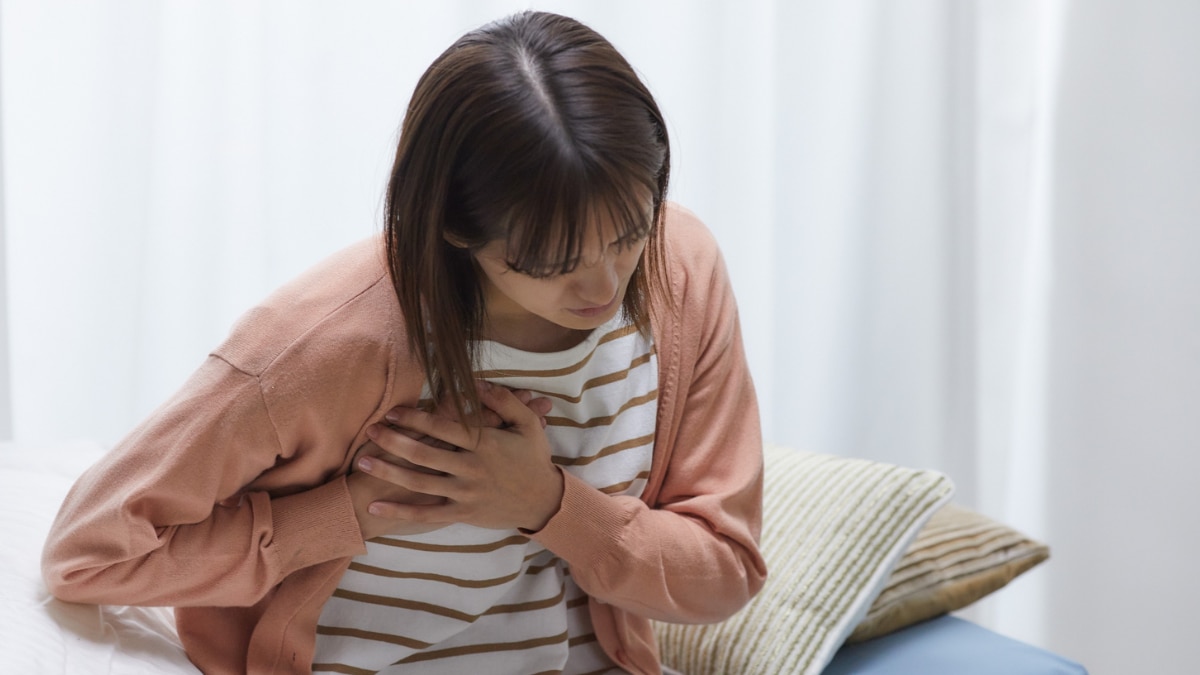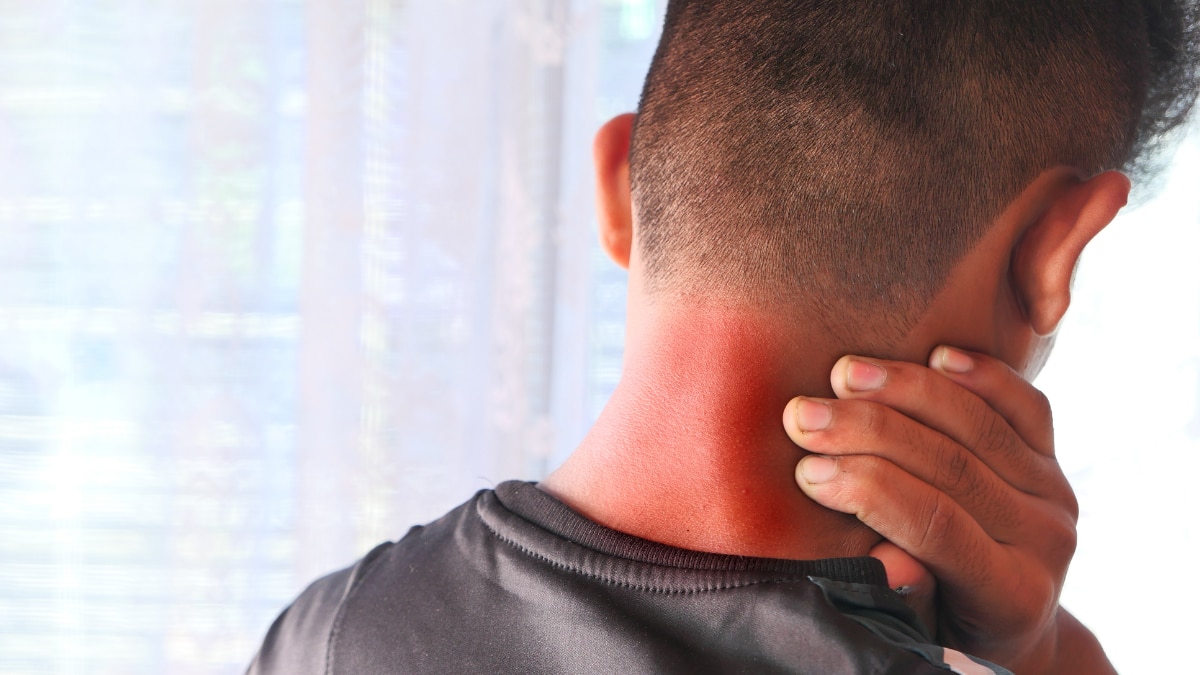Heart Attack Isn’t Always Sudden — Cardiologist Lists 7 Silent Signs You Must Not Ignore
"Being able to recognise the early signs of a heart attack can save your life or the heart health of others," said Dr. Monisola Adanijo, a popular cardiologist and heart health coach, in her viral Instagram reel.
In her Instagram Reel, Dr. Monisola Adanijo, explained the signs of heart attack that are extremely important for everyone to know. Many people experience subtle, persistent symptoms days or even weeks before a major cardiac event. Recognising these signs early and taking appropriate action can be the difference between life and death.
Let’s explore the 7 early heart attack warning signs that Dr. Monisola highlights.
ALSO READ: Struggling With High Uric Acid? Here’s What You Need To Do
1. Chest Pain Or Discomfort
 (Image Source: Canva)
(Image Source: Canva)
This occurs most commonly," says Dr. Monisola. "It may feel like pressure, squeezing, fullness or burning sensation."
This pain may be in the centre or left side of the chest and can come and go, or stay for a few minutes. Don't wait for it to be intense. Even mild chest discomfort could be your heart trying to tell you something important.
2. Pain In Other Parts Of The Body
 (Image Source: Canva)
(Image Source: Canva)
Dr. Monisola explains that chest pain isn’t always localised. It can spread to the back, neck, jaw, and upper part of the stomach, often mimicking other health issues.
This is especially dangerous as it gets confused with muscular pain or indigestion, delaying medical help.
3. Shortness Of Breath
 (Image Source: Pinterest/salutelab)
(Image Source: Pinterest/salutelab)
Can’t catch your breath after climbing stairs? Or even while lying down? That could be a sign your heart isn’t pumping blood efficiently. It's actually more serious than you may think. Heart issues can reduce oxygen flow and make breathing difficult.
This symptom might occur before or alongside chest discomfort, or may be the only symptom in some people, especially older adults and women.
4. Sweating
 (Image Source: Canva)
(Image Source: Canva)
Suddenly drenched in sweat, even in a cool room or while resting? That’s a major red flag. If you sweat without any reason, it may be your heart's call for help. It happens without any physical exertion, don't brush it off as stress or anxiety. Make sure you get help as fast as possible.
5. Nausea
 (Image Source: Pinterest/health)
(Image Source: Pinterest/health)
Many people experience nausea, indigestion, heartburn, or even vomiting before a heart attack. Feeling like vomiting or actually vomiting can be early signs.
These signs are often mistaken for a simple digestive issue or food poisoning. But if your stomach discomfort is accompanied by chest pressure, fatigue, or sweating, it could be something more serious.
6. Dizziness Or Lightheadedness
 (Image Source: Pinterest/fresh2onow)
(Image Source: Pinterest/fresh2onow)
"You may feel faint or unsteady on your feet," warns Dr. Monisola. Dizziness can be a result of reduced blood flow to the brain during a heart event. It's a signal that your heart isn't pumping blood effectively.
If it happens alongside chest discomfort or nausea, it's time to seek immediate medical attention.
7. Unusual Fatigue
 (Image Source: Canva)
(Image Source: Canva)
Fatigue is one of the most underreported and often unnoticed symptoms. If you suddenly feel drained, without any physical reason, pay attention. Fatigue after simple tasks or struggling to get through the day with your usual energy might indicate that your heart is under strain.
This is especially common in women in the days or weeks leading up to a heart attack.
Heart attack doesn't always start with a bang, it can whisper quietly through symptoms we often ignore. If you notice one or more of these symptoms, especially if they're unusual for you, persistent, or worsening, don't delay. Early treatment can prevent irreversible heart damage and even save your life.
[Disclaimer: The information provided in the article, including treatment suggestions shared by doctors, is intended for general informational purposes only. It is not a substitute for professional medical advice, diagnosis, or treatment. Always seek the advice of your physician or other qualified healthcare provider with any questions you may have regarding a medical condition.]
lifestyle